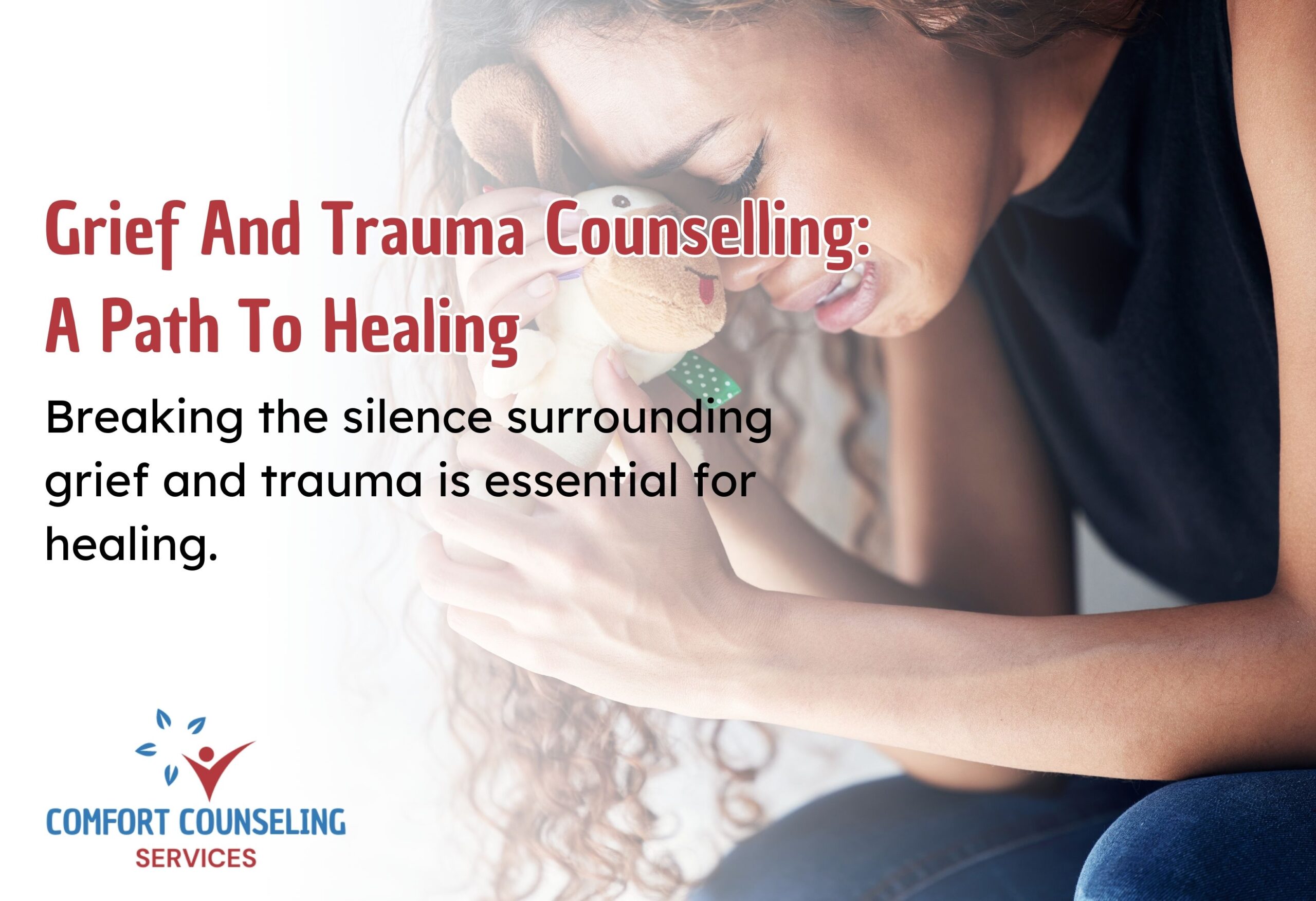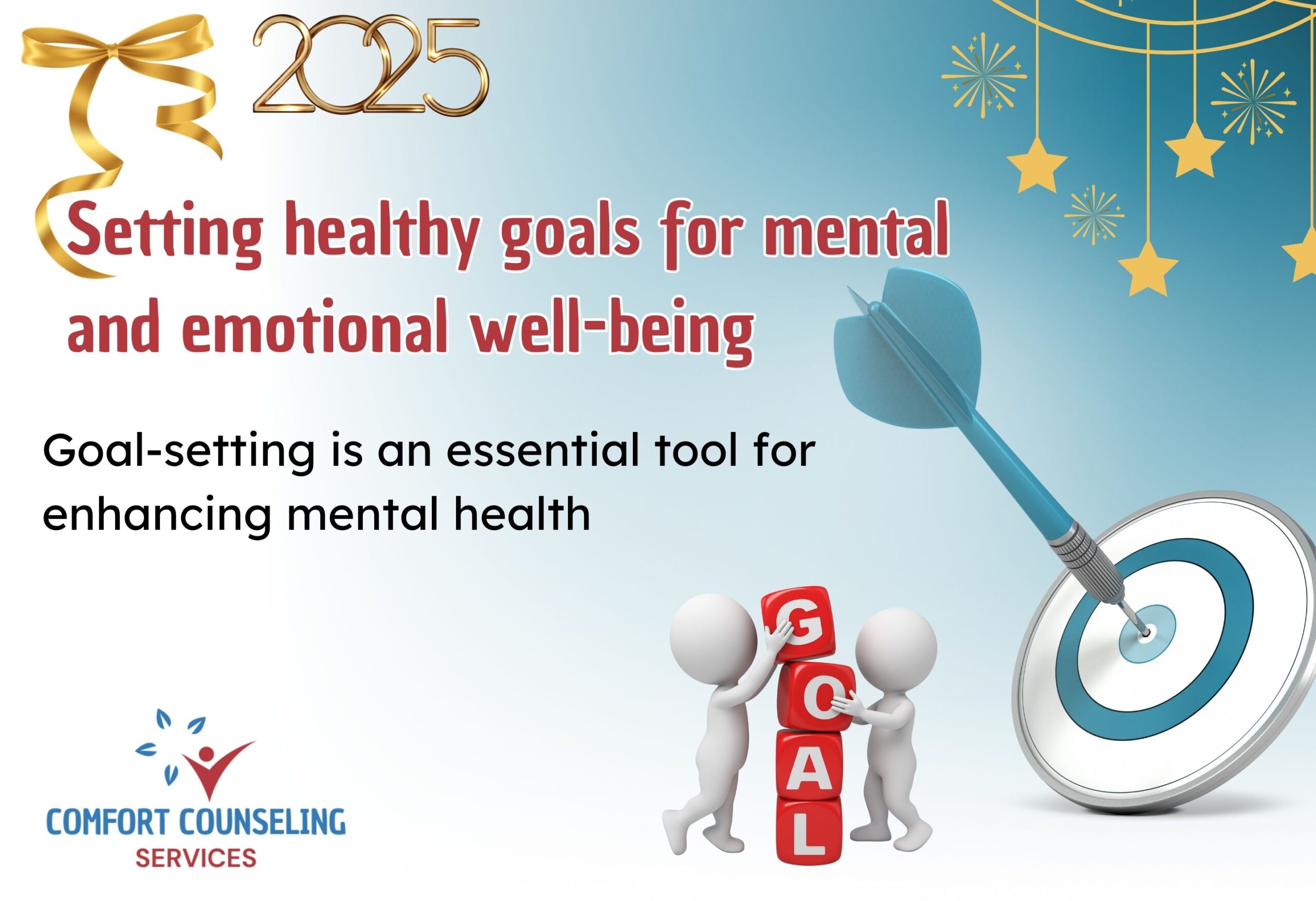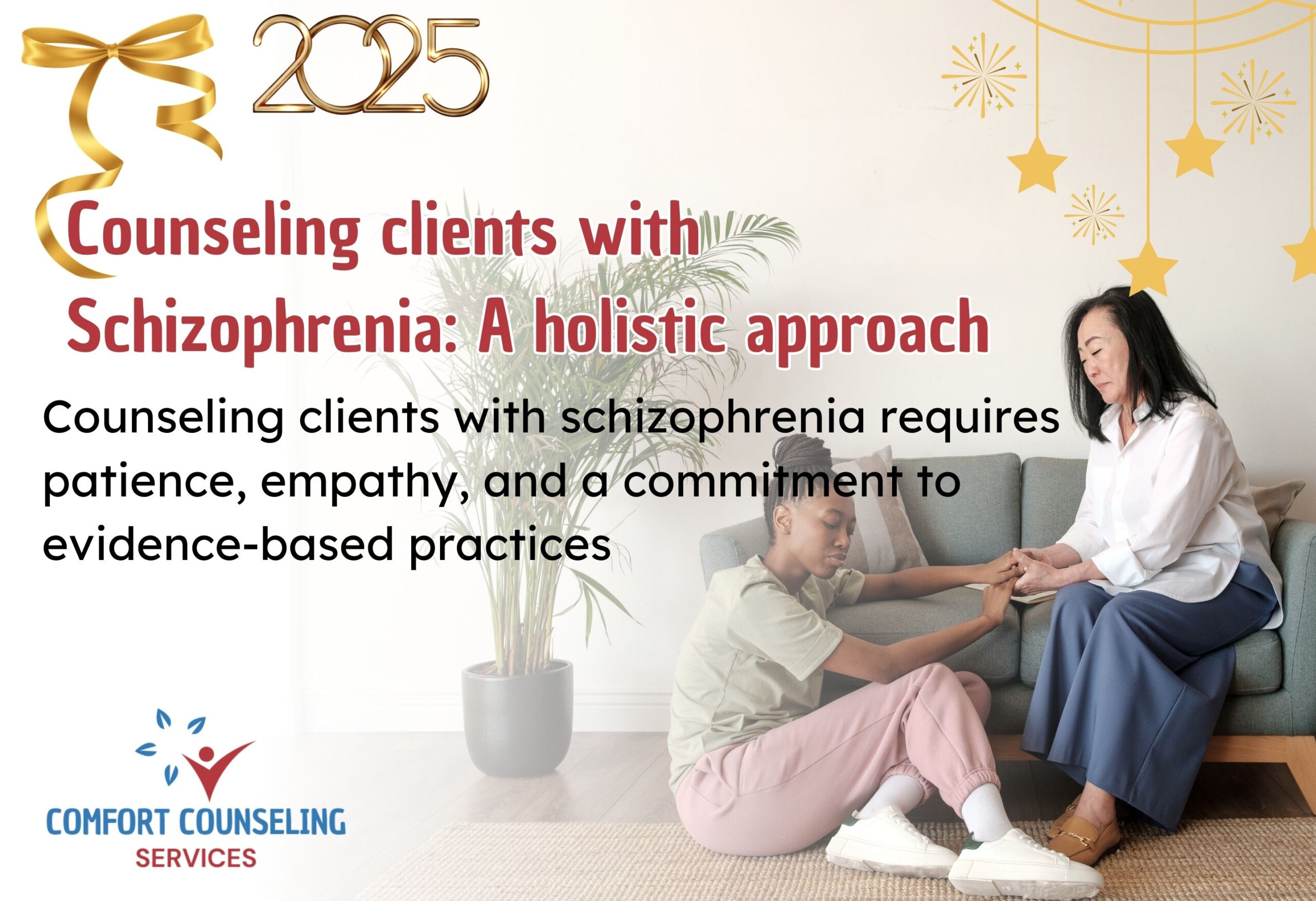Gambling addiction is a serious and often misunderstood condition that can have profound effects on individuals and their loved ones. At comfort counseling services, we are committed to providing comprehensive support to those affected by gambling addiction. This blog aims to shed light on the nature of gambling addiction and offer insights into effective strategies for alleviation..
Understanding gambling addiction
Gambling addiction, also known as pathological gambling or gambling disorder, is characterized by an uncontrollable urge to continue gambling despite the negative consequences it brings. According to the American Psychological Association, gambling disorder is included in the Diagnostic and Statistical Mental Disorders[ DSM-5] as a behavioral addiction due to its similarities with substance-related disorders. Individuals with gambling addiction often experience financial difficulties, strained relationships and significant distress. The National Council on Problem Gambling estimates that about 2million adults in the United States meet the criteria for severe gambling problems, with another 4-6 million experiencing mild or moderate issues.
Risk factors and symptoms
Several factors can contribute to the development of gambling addiction, including genetic predisposition, environmental influences and psychological conditions such as depression or anxiety. Key symptoms of gambling addiction include:
- Preoccupation with gambling.
- Needing to gamble with increasing amounts of money to achieve excitement.
- Repeated unsuccessful attempts to control or stop gambling.
- Lying to conceal the extent of gambling involvement.
- Jeopardizing or losing significant relationships, jobs or opportunities due to gambling.
Alleviation strategies
- Cognitive Behavioural Therapy [CBT]. Cognitive behavioural therapy is one of the most effective treatments for gambling addiction. CBT helps individuals identify and change distorted thought patterns and behaviors related to gambling. Studies have shown that CBT can significantly reduce gambling behaviors and improve overall functioning [ Petry et.al, 2006]. At Comfort Counseling Services, our experienced therapists use CBT to help clients develop healthier coping mechanisms and regain control over their lives.
- Medication- In some cases, medication may be prescribed to help manage the symptoms of gambling addiction. Antidepressants and mood stabilizers can be effective in treating co-occurring conditions such as depression or anxiety that often accompany gambling addiction [Hollander et.al., 2008]. It is important to consult with a healthcare provider to determine the most appropriate treatment plan.
- Support groups- Support groups such as Gamblers Anonymous, provide a valuable platform for individuals to share their experiences and receive support from others who understand their struggles. Participation in support groups has been associated with improved outcomes and long-term recovery [National Council on Problem Gambling ]. Comfort Counseling Services encourages clients to engage in these community resources to foster a sense of connection and accountability.
- Family Therapy- Gambling addiction often affects not just the individual but also their family members. Family therapy can help repair relationships and provide family members with the tools to support their loved one’s recovery. Research has shown that involving family in the treatment process can enhance recovery outcomes [Ingle et al,2008].
Conclusion
Gambling addiction is a complex condition that requires a multi-faceted approach to treatment. At Comfort Counseling Services, we are dedicated to providing compassionate, evidence-based care to help individuals overcome gambling addiction and rebuild their lives. By utilizing a combination of cognitive-behavioral therapy, medication, support groups and family therapy, we aim to support our clients on their journey to recovery.
If you or someone you know is struggling with gambling addiction, please reach out to Comfort Counseling Services for support. Together, we can work towards a healthier, more fulfilling future.
References
- American Psychiatric Association[ ]. Gambling Disorder. Retrieved from APA.
- Hollander, E., Pallanti, S., and Baldini Rossi, N.[2008]. Pharmacological treatments of pathological gambling. Journal of Clinical Psychiatry, 69[7], 1140-1151
- Ingle, P.J., Marotta, J., Mcmillan, G., and Wisdom, J.P.[2008]. Significant others and gambling treatment outcomes. Journal of Gambling Studies, 24[3], 381-392.
- National Council on Problem Gambling[ 1972]. National Problem Gambling Statistics. Retrieved from NCPG.
- Petry,N.M.A and Weiss,L.[2006]. Cognitive-behavioral therapy for the treatment of pathological gambling: A controlled study. Clinical Psychology review, 26[8], 865-878.
By focusing on these aspects, we hope to inspire and support you on your journey toward mental wellness



